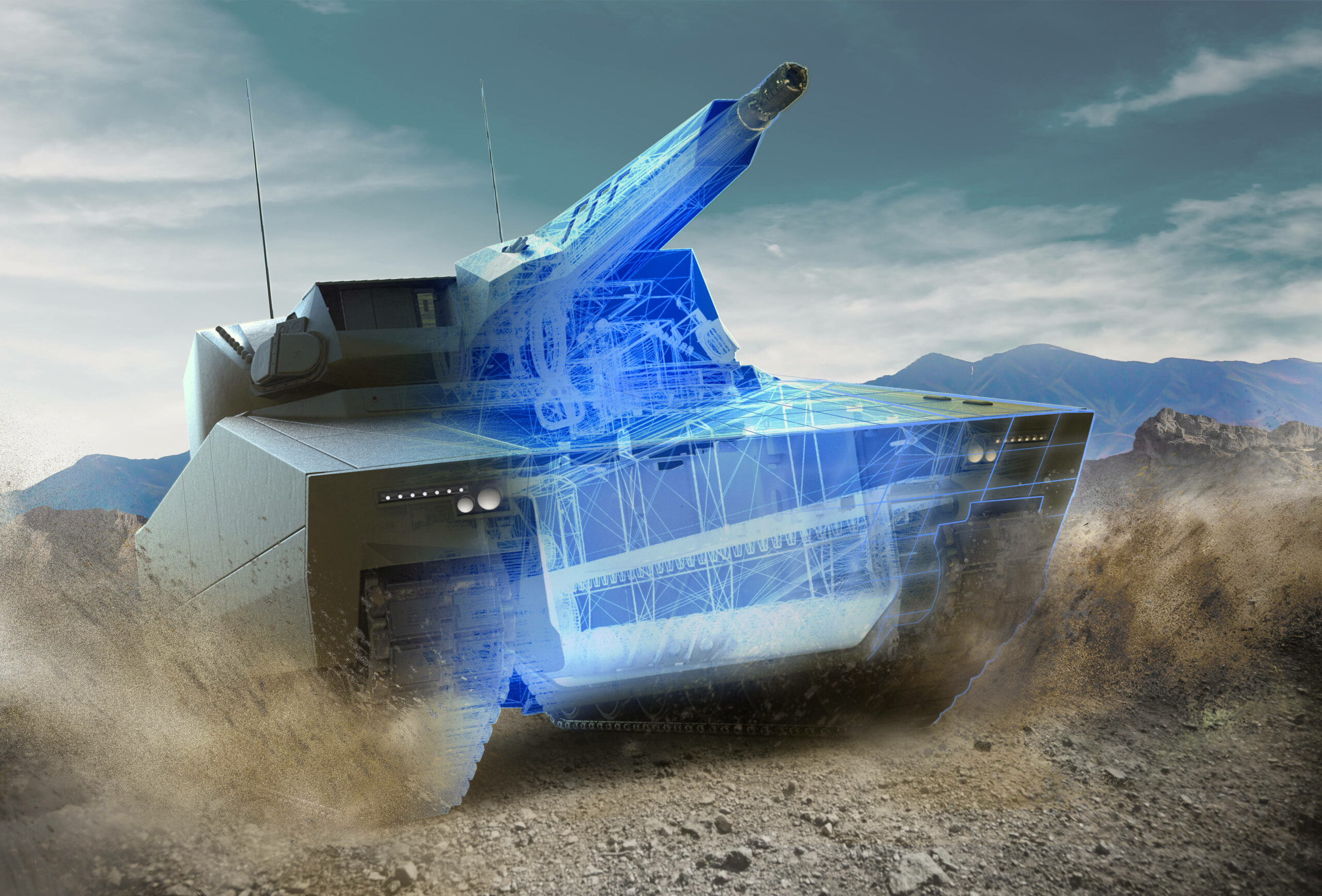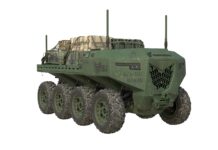The “Team Lynx”, led by American Rheinmetall Vehicles for the offer and subsequent production of variants of the LYNX KF41 IFV to replace some 4,000 BRADLEYs, has been strengthened by a cooperation agreement with L3Harris. The vehicle is competing in the US Army’s project for the development and production of an Optionally Manned Fighting Vehicle (OMFV).
Currently, the Army Futures Command is developing the military requirements with inputs from industry. Following a call for tenders, five applicants will be selected in the middle of the year to deliver a digital design of the future combat vehicle within 15 months.
To improve its chances in the competition, Rheinmetall is setting up “Team Lynx”, which includes companies from the USA in the project. So far, the US Industry Team includes Raytheon Technologies and Textron Systems, among other leading US defence companies. L3Harris, a specialist in vehicle mission systems and cyber security solutions, has now joined the team to realise the LYNX’s Modular Open System Architecture (MOSA).
MOSA allows parts and subsystems to be common across platforms and domains to enable easy and cost-effective upgrades. The design approach incorporates proven technologies and lessons learned from the L3Harris programmes and activities around the US Army’s efforts towards modular, open systems architectures for air and land platforms.
LYNX Background
The LYNX KF41 IFV is beginning to make its mark on the defence market. In 2020, Hungary became the first country to order 218 examples, with delivery of the first 46 vehicles by early 2023. In Australia, the LYNX KF41 is among two vehicles selected to undergo selection testing by the end of 2021. As part of the Land 400 Phase 3 project, up to 450 vehicles of various configurations are to be procured. In the Czech Republic, 200 IFVs are to be procured with a decision promised for the beginning of 2021 still pending. In Slovakia, the LYNX has been presented as the first vehicle in the market review. By the end of 2021, the selection for the procurement of around 50 IFVs is expected.
Gerhard Heiming












